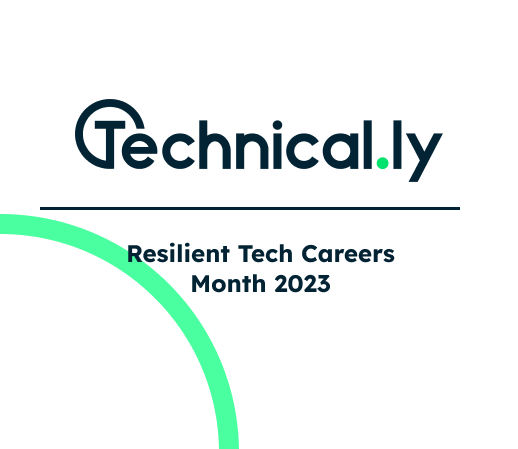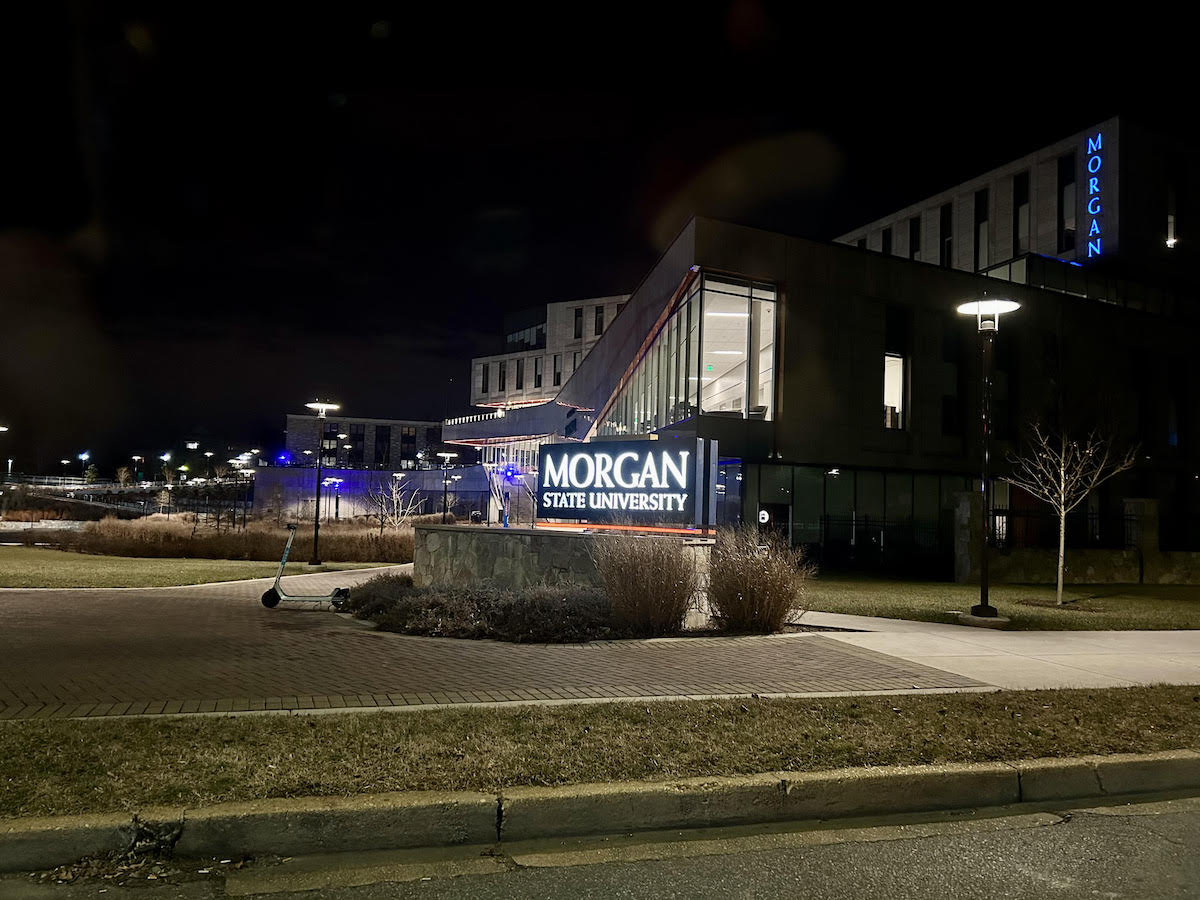At Morgan State University (MSU), students specializing in biology, computer engineering, public health and even fashion design are learning artificial intelligence and coding skills to enhance their resilience in the job market.
Ensuring students acquire skills they can apply in an evolving tech job market appears to be a priority for MSU. Accordingly, Gabriella Waters, director of operations at the Baltimore university’s Center for Equitable AI and Machine Learning Systems (CEAMLS), reports that students from the institution have secured internships with high-tech organizations including Leidos, Google, National Security Agency (NSA), Department of Defense, the Air Force Research Laboratory, Microsoft and the Office of Naval Research. One student is even collaborating with Apple on its mixed-reality headset.
Waters underscores that the students’ preparedness aligns with what she says is one of the guiding questions central to CEAMLS’ mission: “How can we infuse our curriculum with AI so that students are already learning in an environment where AI is present and optimizing that so that we can get the best educational delivery systems possible in each and every classroom and every experience?”
There are manifold applications of AI in research and investigations, Waters noted when describing the goal to incorporate emerging technology and purposefully structure coursework with interdisciplinary lessons reaching beyond computer science at MSU.
Highlighting the center’s prioritization of leading in equitable and ethical AI systems, she also pointed to the interdisciplinary nature of the center’s summer program, led by Assistant Professor of Computer Science Naja Mack. At this summertime AI research institute, Waters said, “we will take people from any major, fashion design, accounting, whatever it is, and we teach them how to code in Python, so that they can be active in this technology and in this space and that they have the literacy and the power to impact it in a very meaningful way.”
Waters, who pursued liberal studies with a focus on psychology at the HBCU herself, is also a researcher addressing biases that may result in unintended harm to historically marginalized communities when technology malfunctions, and a University of Baltimore County human-centered computing program alumna. She emphasized that AI is not meant to replace human work entirely, but rather enhance human capabilities.
“I think the thing that’s most important for people to recognize is that most cases do not see AI replacing a person’s job,” she said. “It will see a person being replaced by a person who’s good at teaming with AI.” (Technical.ly has heard this from other experts, too.)
That’s where skills like prompt engineering come in, she said, which requires the human partner of a human-AI interaction to employ creativity — something AI cannot mimic — to achieve desired outcomes. Consider her example from “Star Trek”:
Large language models “are training us for that future,” Waters said. “Making sure that you can team with AI is going to be so important for resilience and for ensuring that you’re a little bit more robust in this job market and not easily replaced. So keep your creative skills going and make sure you can team with AI.”
###
P.S. Remember how Morgan State is trying to become the country’s first public HBCU to reach R1 status, an elite designation for research-driven schools?
According to Waters, the school is monitoring its progress toward achieving R1 status, using an internal tracker led by Wayne Swann, director of the Office of Technology Transfer at the school. The aim is to attain R1 status in the forthcoming evaluation period.

This editorial article is a part of Resilient Tech Careers Month of Technical.ly’s editorial calendar.
Before you go...
Please consider supporting Technical.ly to keep our independent journalism strong. Unlike most business-focused media outlets, we don’t have a paywall. Instead, we count on your personal and organizational support.
3 ways to support our work:- Contribute to the Journalism Fund. Charitable giving ensures our information remains free and accessible for residents to discover workforce programs and entrepreneurship pathways. This includes philanthropic grants and individual tax-deductible donations from readers like you.
- Use our Preferred Partners. Our directory of vetted providers offers high-quality recommendations for services our readers need, and each referral supports our journalism.
- Use our services. If you need entrepreneurs and tech leaders to buy your services, are seeking technologists to hire or want more professionals to know about your ecosystem, Technical.ly has the biggest and most engaged audience in the mid-Atlantic. We help companies tell their stories and answer big questions to meet and serve our community.
Join our growing Slack community
Join 5,000 tech professionals and entrepreneurs in our community Slack today!

The person charged in the UnitedHealthcare CEO shooting had a ton of tech connections

From rejection to innovation: How I built a tool to beat AI hiring algorithms at their own game

Where are the country’s most vibrant tech and startup communities?




